Tag: Gustave Flaubert
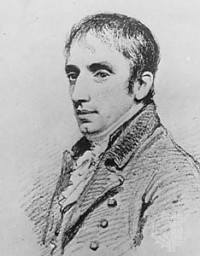
What’s the difference between a work of art and a dream? Literary critic Jacques Barzun gives a concise and convincing answer: “the difference between a work of art and a dream is precisely this, that the work of art leads us back to the outer reality by taking account of it.” (Quoted by Lionel Trilling, … Read More
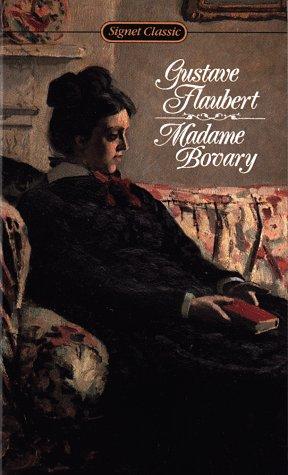
Flaubert shows the reader early on that Madame Bovary’s flight from one place to another brings her no relief, for her complaint is with no particular place but the universe itself. She runs like a rat in a maze, finding each new place as damned and disappointingly real as the one before. She can’t stop … Read More
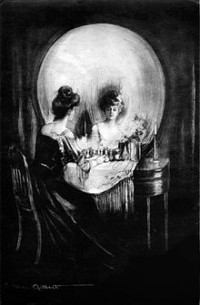
In 2006 David Foster Wallace wrote in the New York Times Magazine that you can appreciate tennis great Roger Federer even more “if you’ve played enough tennis to understand the impossibility of what you just saw him do.” I feel that way about Gustave Flaubert. It’s possible that you have to have worked as a … Read More
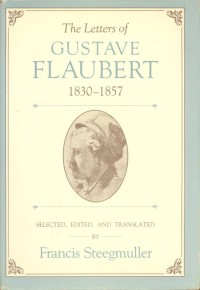
Ah, the writer’s life! The insecurity! The unappreciated, unremunerated toil! The risk of failure! The torment! The passion! The syphilis!
And the devotion to ideals of Truth and Beauty. Flaubert says he’d rather beat himself to death with a table leg than write a socially conscious novel like Uncle Tom’s Cabin. He says, “The three finest … Read More
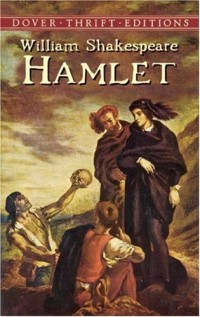
“Hamlet is the finest of all the plays in the English revenge tradition,” says Roma Gill, editor of the Oxford School Shakespeare edition of Hamlet. Some would call that an understatement, since Hamlet is frequently invoked as the greatest play in any tradition. (Flaubert said, “The three finest things God ever made are the sea, … Read More